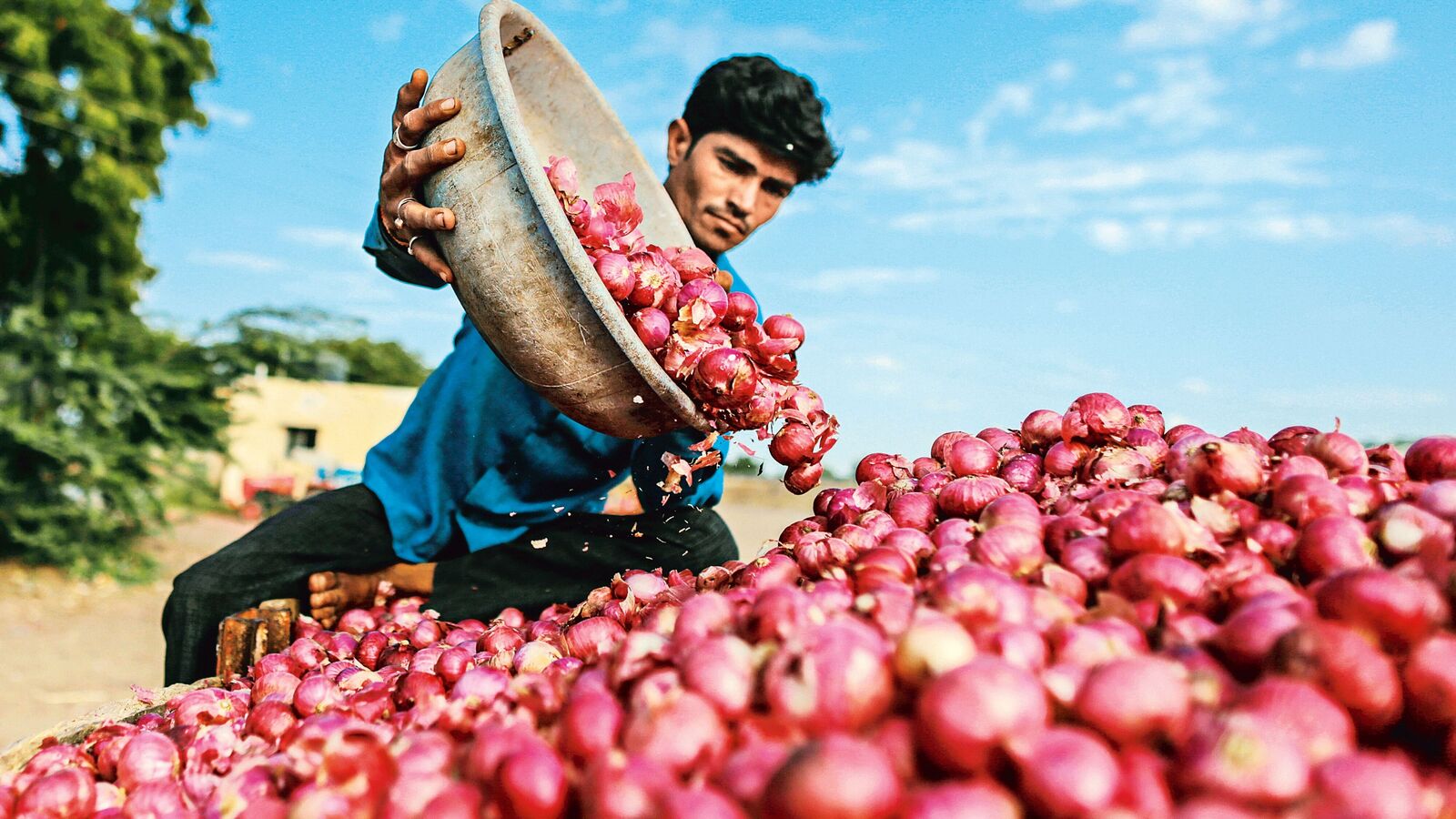[ad_1]
New Delhi: The government is putting its money where its sweet tooth is, the zero-sugar way. The consumer affairs ministry is working on a plan to bring to the market sweetener extracted from onion waste, two persons aware of the matter said. It will do this in partnership with a startup that won a government-run contest.
The proposal is in the approval stage, and the sweetener is expected to be available in the retail market by the end of this year, the people cited above said on condition of anonymity.
The ministry is funding the project of Karnataka-based startup ZestyOne, incubated at Yenepoya Technology (Mangalore), which was selected by the department of consumer affairs in 2022 through a grand onion challenge. Initial financial assistance of over ₹5 lakh and prize money of ₹75,000 have been provided to the firm, the second person cited above said.
As per the plan, the startup will manufacture the product and make it available at government fair price shops like Kendriya Bhandar stores. The product will also be available in retail stores under the nutraceutical category, the persons cited above said.
A process called caramelization, where sugar or sucrose is heated and takes on a brown hue and sweet flavour, is used to extract sweetener from onion peels, the first person said. The product is in the preparation stage and teams of the consumer affairs ministry and food safety and standards authority of India (FSSAI) have already evaluated the process.
The final product will be offered in various formats, including liquid, granules, cubes, patches and powder to suit consumers’ daily routines, the persons added.
Queries sent to the spokesperson and secretary of the consumer affairs department, and the chief executive officer of FSSAI remained unanswered till press time.
The government’s move has a health motive. India is home to 101 million people with diabetes, according to data from Madras Diabetes Research Foundation in collaboration with the Indian Council of Medical Research (ICMR) and the Union Health Ministry.
And sugar, while not directly responsible, does contribute significantly to the mitigating factors towards the disease. The belief is that sweeteners, especially natural ones such as the onion-based sweetener, are relatively healthier than conventional, refined sugar because of their natural sugar content and probiotic characteristics.
“Most sweeteners are generally recommended as safe. It should be seen whether it (the onion-based sweetener) has gone through studies of toxicology to find out any carcinogenic element in it or not,” Dr. Monashis Sahu, an endocrinologist from Banaras Hindu University, Varanasi, said.
Toxicology refers to a study conducted to understand the harmful effects of chemicals on people, animals, and the environment.
As the product is in the preparation stage, the authorities must evaluate whether the possible health impact of the final product on people under diabetic or pre-diabetic conditions, Sahu suggested.
“As a consumer in India, witnessing the growing incidence of diabetes is not just a statistic, it’s a reality that hits close to home,” said Vivek Ghate, one of the three founder members of ZestyOne. “It’s time to redefine our relationship with sugar and make choices that prioritize our health.”
“The onion-based natural sweetener will prove to be a game-changer. It delivers taste, health benefits, and is environmentally friendly, all in one product,” said Pawan Agarwal, former CEO FSSAI and CEO, Food Future Foundation.
Sweeteners are, of course, already available in the market. There are two types of sweeteners: natural and artificial. Artificial sweeteners are commonly available in the retail market and widely consumed.
[ad_2]







Leave a Reply